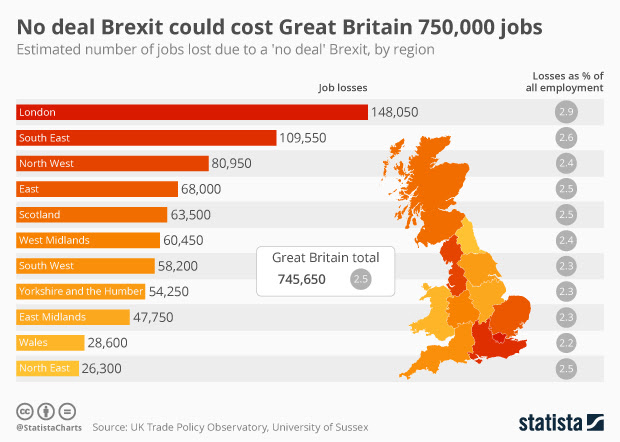I watched George H.W. Bush’s funeral as it was streamed from the National Cathedral and interpreted it as his family’s determination to highlight the contrast between the 41st President and the current one. (It was pretty successful in those terms, but then the designers of the service were pushing at an open door, as the target of the comparison sat scowling and clearly bored by the proceedings.)
But other observers read more into it. Writing in The Atlantic, for example, Franklin Foer saw the obituaries as carrying
the longing for a time when American politics was ruled by men of “high character” and a sense of “public duty,” the very antithesis of the present partisan era’s coarseness.
What goes unstated, however, is the subtext of that yearning. All the florid remembrances are packed with fondness for a bygone institution known as the Establishment, hardened in the cold of New England boarding schools, acculturated by the late-night rituals of Skull and Bones, sent off to the world with a sense of noblesse oblige. For more than a century, this Establishment resided at the top of the American caste system. Now it is gone, and apparently people wish it weren’t.
When George H. W. Bush passed, so did the last true WASP. In appearance, he embodied what The New York Times’ Alessandra Stanley once called “The Presidency by Ralph Lauren.” The evocation of the legendary fashion designer was a sly bit of sociology—the old American aristocracy was already in decline, since its aesthetic had been commodified (by none other than Ralph Lifshitz) and made accessible to all in the democracy of the shopping mall.
Writing in the New York Times, Ross Douhat interpreted “Bush nostalgia” as
a longing for something America used to have and doesn’t really any more — a ruling class that was widely (not universally, but more widely than today) deemed legitimate, and that inspired various kinds of trust (intergenerational, institutional) conspicuously absent in our society today.
Put simply, Americans miss Bush because we miss the WASPs — because we feel, at some level, that their more meritocratic and diverse and secular successors rule us neither as wisely nor as well.
The WASP establishment was determined largely by bloodlines and connections. Writing in the Washington Post Fareed Zakaria, claims that you had to be a white Anglo-Saxon Protestant “to ascend to almost any position of power in the United States until the early 1960s” and asks “Surely, there is nothing good to say about a system that was so discriminatory toward everyone else?”
Actually, there is. For all its faults — and it was often horribly bigoted, in some places segregationist and almost always exclusionary — at its best, the old WASP aristocracy did have a sense of modesty, humility and public-spiritedness that seems largely absent in today’s elite. Many of Bush’s greatest moments — his handling of the fall of communism, his decision not to occupy Iraq after the first Gulf War, his acceptance of tax increases to close the deficit — were marked by restraint, an ability to do the right thing despite enormous pressure to pander to public opinion.
But, and here is the problem, it is likely these virtues flowed from the nature of that old elite. The aristocracy was secure in its power and position, so it could afford to think about the country’s fate in broad terms, looking out for the longer term, rising above self-interest — because its own interest was assured. It also knew that its position was somewhat accidental and arbitrary, so its members adhered to certain codes of conduct — modesty, restraint, chivalry, social responsibility.
Lots of problems with all of this, but an obvious one is that it’d be hard to describe the Kennedys as WASPS — not to mention the Roosevelts and the Vanderbilts (of Dutch origin), or the Rockefellers (who hail from stout German stock). And if we’re counting Germans, then surely the Trumps qualify? So the term WASP — White Anglo-Saxon Protestants — as “a social group of wealthy and well-connected white Americans, of Protestant and predominantly British ancestry, who trace their ancestry to the American colonial period” is probably more useful as a polemical term of abuse rather than as a precise description of a caste.


